
Project description
This project aims to improve our understanding of type 2 diabetes (T2D) through integrating different layers of biological information – microbiome and blood metabolome. Although T2D has already been extensively studied, this project would be the first one to assess the value of integrating such datasets for T2D risk prediction in large prospective cohorts. The research results provide a better understanding of the T2D associated information each set of biological variables contains, to what extent this information overlaps, and how to make the best use of this information.
The worldwide prevalence of type 2 diabetes (T2D) has more than doubled since 1980 and its burden on the healthcare system is growing. Importantly, the disease progression can be reversed if detected at the right time. Thus, effective risk prediction tools are needed which rely more and more on different biological datasets or “omes”. Most recently, we have shown that the gut microbiome can be used to predict the onset of T2D. The same has been previously shown for blood metabolome, but there are currently no large-scale population studies that have combined microbiome and metabolome to predict the onset of T2D. Our preliminary analysis indicates that the information obtained from the two datasets is only partially shared, thus we expect the data integration to improve the T2D risk estimation. However, this “multi-omic” integration includes methodological considerations which, coupled with the distinct properties of microbiome and metabolome data, have not been thoroughly investigated. The lack of sufficiently large multi-omic data sets has been an obstacle for evaluating the effectiveness of such data integration and for solving the methodological challenges associated with the task.
What will this grant bring to the research project?
With grant support from the Biocodex Microbiota Foundation, we aim to extend our knowledge about type 2 diabetes and improve disease risk assessment. In addition, the project aims to provide an extensive overview of the multi-omic integration strategies for microbiome data and methodological solutions, which will be valuable input for future studies.
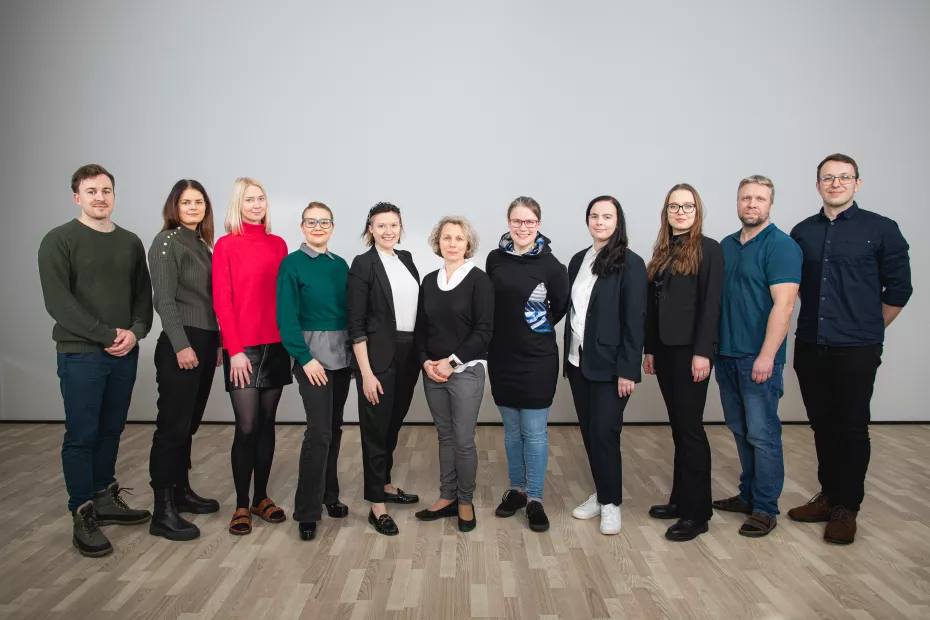
Nordics' winning projects
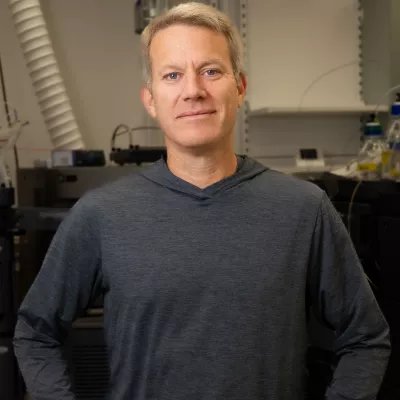

Effect of novel microbiota-derived octadecanoid lipid Mediators and their functional impact on the gut mucosa
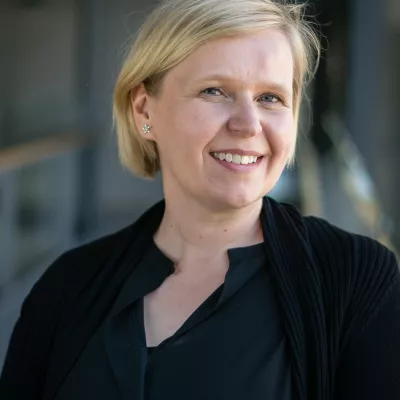

Improving the efficacy of L-dopa therapy of Parkinson’s disease through inhibiting L-dopa conversion to dopamine by intestinal bacteria


Evaluating accumulative effect of antidepressants usage on the gut microbiome


Role of breast milk mucins in regulation of infant gut microbiota and health




Characterization of a novel potential probiotic strain of Lactobacillus salivarius and its association with Helicobacter pylori


Regulation of gene expression in gut bacteria host microRNAs


Precision health approaches through machine learning of faecal microbiome data


Alteration of gut microbiota by Helicobacter pylori leading to the progression of liver diseases
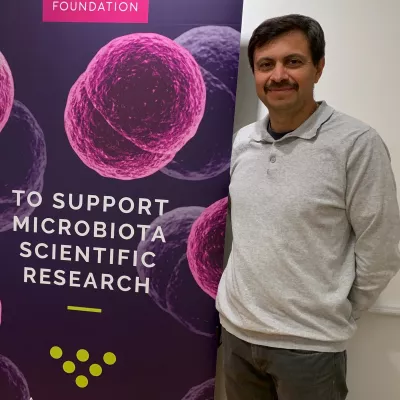

Regulation of gene expression in gut bacteria host microRNAs


Effect of the Nordic diet on composition and functional profile of faecal microbiota and symptoms of fatigue in patients with mild and moderate ulcerative colitis


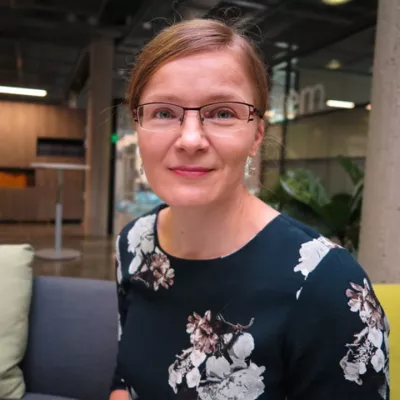

Gut microbiota in relation to early growth and development of childhood obesity


Commensal bacteria in the attenuation of intestinal inflammation - molecular mechanisms of functionality of isolated novel strains

